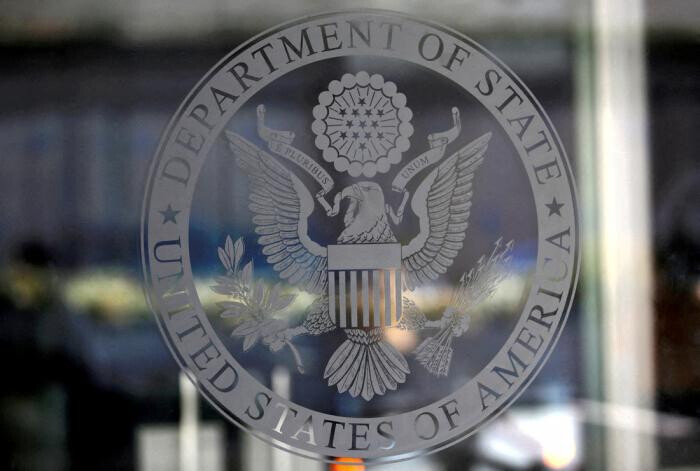
The U.S. State Department has officially resumed international student visa appointments. However, the process now involves significantly heightened screening, requiring all applicants to disclose their social media accounts. Consular officers are instructed to extensively vet online activities for "hostile attitudes" toward American citizens, culture, government, institutions, or founding principles. Even private accounts, if not made public, could be seen as an attempt to conceal information. This policy applies to F (academic), M (vocational), and J (exchange) visa applicants. Past participation in anti-American protests or related social media posts are considered detrimental. Experts warn that historical online records can directly impact visa outcomes. Despite the immense review burden on officials for hundreds of thousands of applications annually, the policy stands.
This measure is part of a broader Trump administration crackdown on elite U.S. universities, criticized for perceived left-leaning biases and insufficient action against antisemitism during campus protests. The crackdown includes freezing federal funding, expelling international students, and revoking visas. Harvard University, for instance, had approximately $2.2 billion (equivalent to about 3 trillion Korean Won) in federal grants and $60 million in contracts frozen. This was attributed to its perceived lukewarm stance on addressing antisemitism and its opposition to government cultural policies. The Trump administration maintains a firm position, with President Trump even threatening to revoke Harvard's tax-exempt status, though recent reports indicate potential settlement talks. Harvard has responded by filing lawsuits challenging these actions.
Federal courts have intervened in some cases, temporarily blocking certain Trump administration measures, including efforts to prevent Harvard from enrolling foreign students. Nevertheless, legal battles persist. These strengthened visa screenings and administrative pressures are causing profound anxiety and confusion among international students. According to Open Doors, an international student information collection agency, over 1.1 million international students enrolled in U.S. universities for the 2023-2024 academic year. As of 2024, the total number of international students in the U.S. is 1.58 million, with 71.7% originating from Asia. Korean students constitute approximately 40,000, making them the third-largest group after India and China. This substantial reliance on the U.S. education system suggests a continued cautious and conservative approach to visa issuance and extension, despite judicial checks.
[Copyright (c) Global Economic Times. All Rights Reserved.]




























